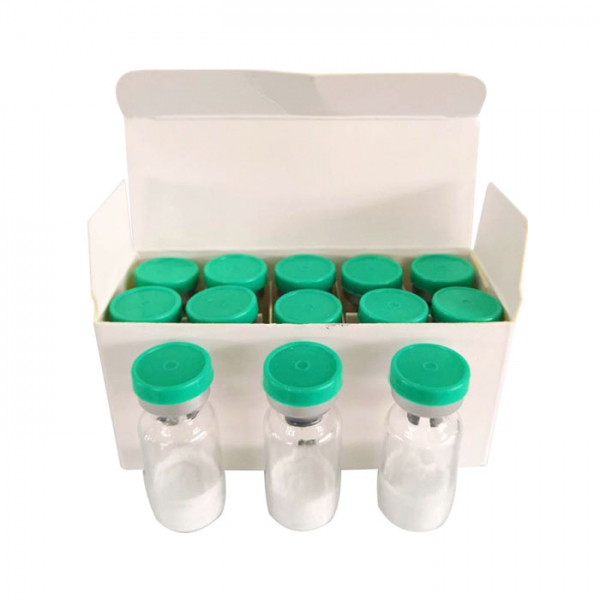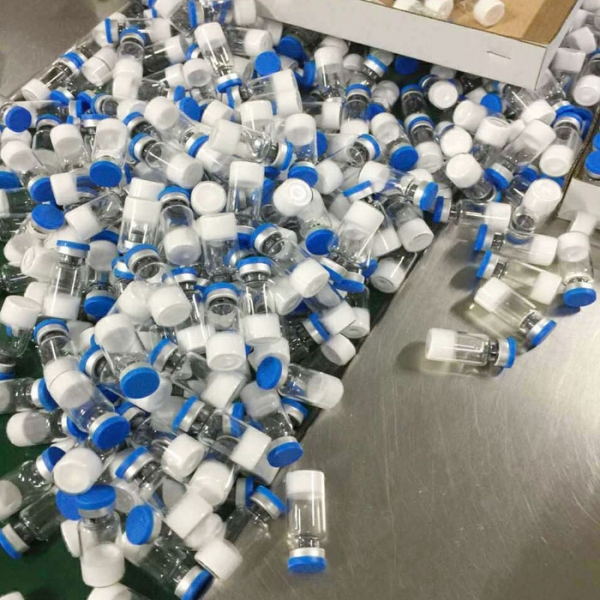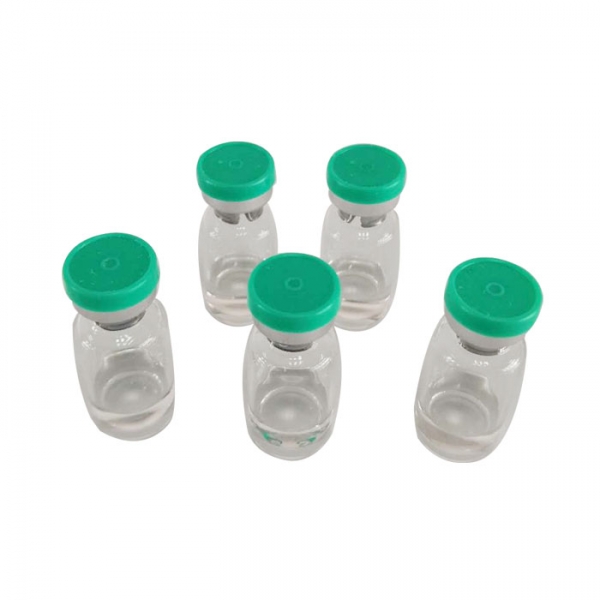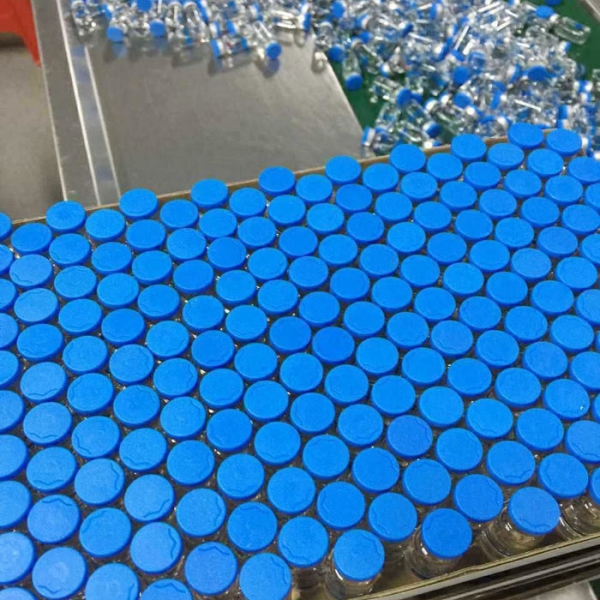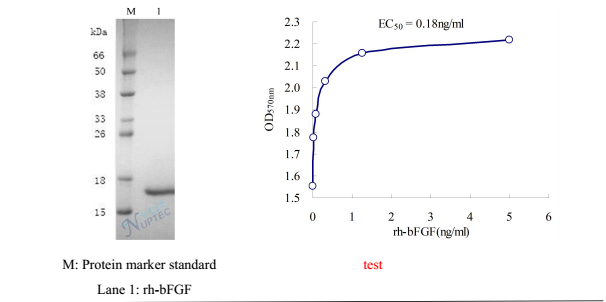Recombinant Human Fibroblast Growth Factor-basic (rh-bFGF)
Product Name: Recombinant Human Fibroblast Growth Factor-basic (rh-bFGF)
Catalog Number: NRPA07S
Packing Details: 10 µg, 100 µg
Formulation: Lyophilized from 5 mM PB, pH 7.4
Mol. Wt.: 17.2 kDa
Theoretical pI: 9.58
Resources: Escherichia coli (E. coli) Purity: ≥95% by SDS-PAGE analysis Endotoxin: <1.0 EU/µg protein Storage Condition: -20oC
Storage Duration: 3 years
Biological Activity:
The EC50, determined by the dose-dependant proliferation of mouse BALB/c 3T3 cells is 0.25~1 ng/ml, corresponding to a specific activity of 1*106~4*106 units/mg protein.







